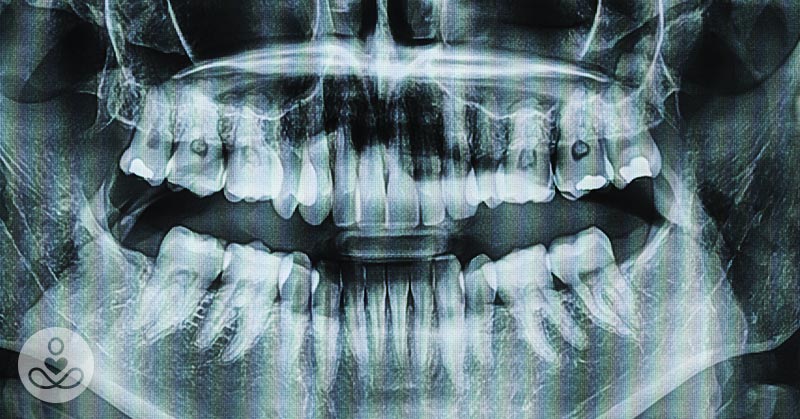Professor Paul Sharpe from King’s College London Dental Institute has identified a groundbreaking approach to treating tooth decay: by prompting the body to regenerate damaged teeth quickly.
Cavity Fillings vs. Tideglusib
To understand this process, it’s important to know how the body typically responds to damage or infection:
When a tooth suffers trauma, the soft pulp inside may become exposed, leading to potential infection. The body responds by producing a thin layer of dentine as protection, but this layer may not be sufficient in cases of major damage. Traditional fillings are used to prevent infection spread and alleviate pain, yet they do not fully heal the tooth.
However, using Tideglusib to treat a cavity offers a different outcome.
Researchers believe that applying Tideglusib can stimulate the body to completely heal a cavity and restore lost minerals. This approach aims to naturally promote the formation of reparative dentine by activating stem cells in the tooth pulp.
Tideglusib, a GSK-3 antagonist, inhibits the enzyme that signals the end of dentine production, allowing continued production to fill in the eroded minerals effectively.
So, did Tideglusib as a dental treatment stand up to lab tests?
Neves, Babb, Chandrasekaran, and Sharpe tested Tideglusib-soaked collagen sponges on lab mice with damaged teeth, resulting in almost complete repair within 6 weeks.
As the sponges degraded, naturally produced dentine replaced them, leading to full tooth repair. Sharpe sees this as a potential game-changer in tooth decay treatment.
While the research is in early stages, with tests conducted on mice, the existing approval of Tideglusib for Alzheimer’s disease trials offers hope for expedited clinical trials and market availability for dental use.
Sharpe remains optimistic about the future of this treatment and emphasizes the importance of preventive measures for maintaining oral health until this potential solution becomes widely accessible.
Disclaimer: This article is for informational purposes only and should not replace professional medical advice. Consult your healthcare provider for personalized guidance.






